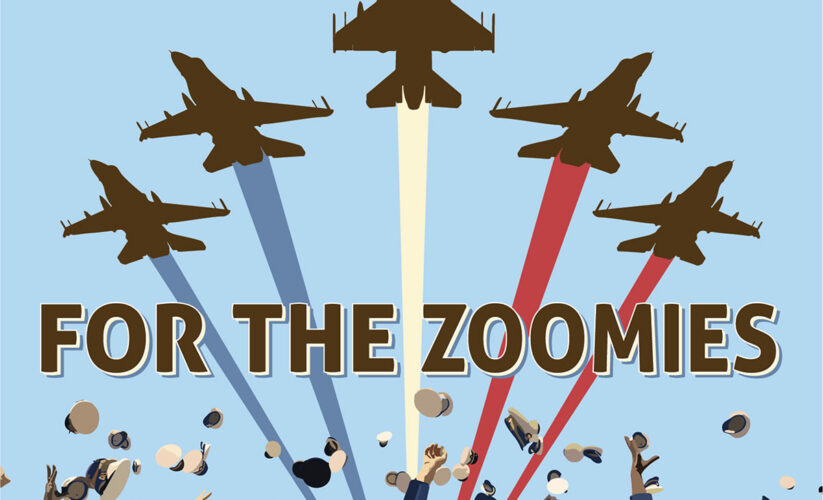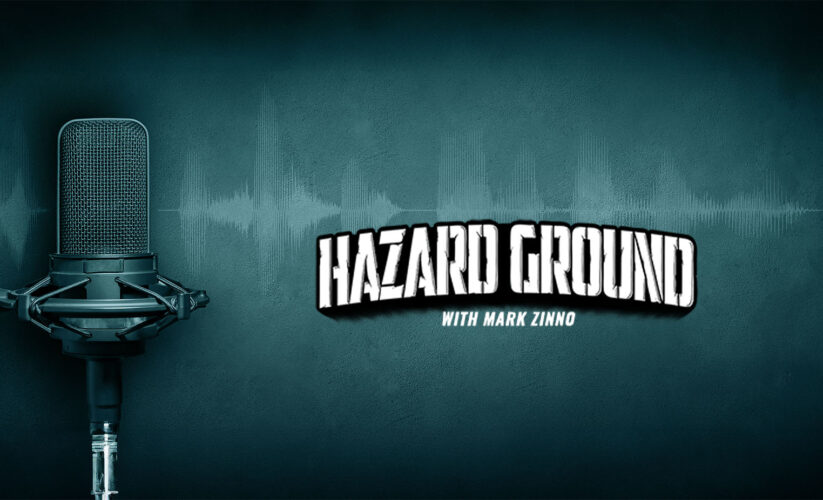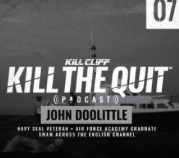
John Doolittle’s conversation with Andrew Cormier on “For the Zoomies” Podcast
Episode Description
Host of FTZ Andrew Cormier sits down with USAFA grad Navy SEAL Capt John Doolittle to discuss the power of doing things for others and how to look out for your buddies in difficult times.
The views expressed are those of the speakers and do not necessarily represent the views of the DoD or its components.
Check out and order a KAATSU support system and keep in the fight.





